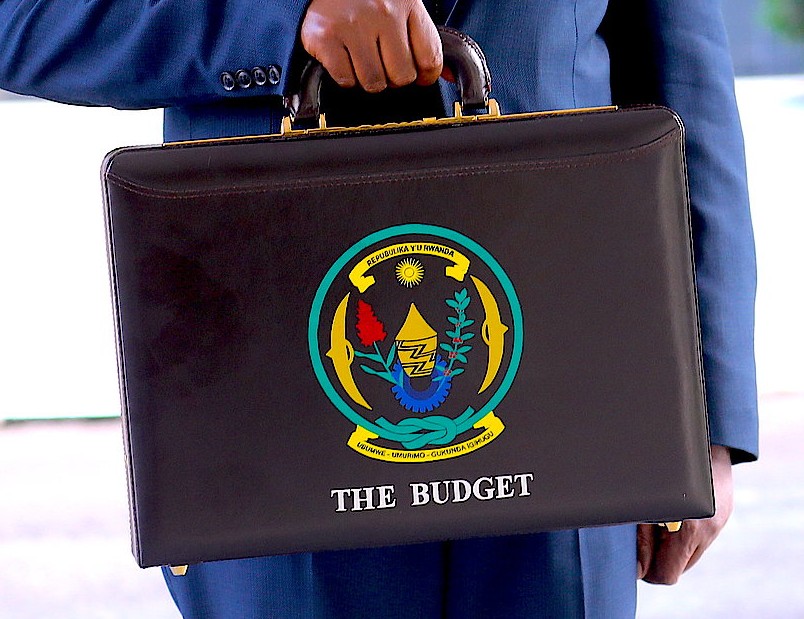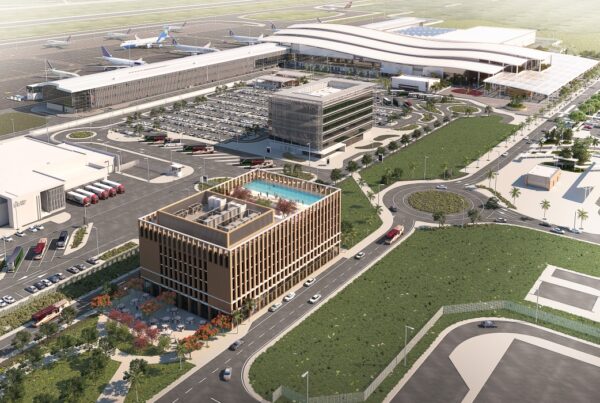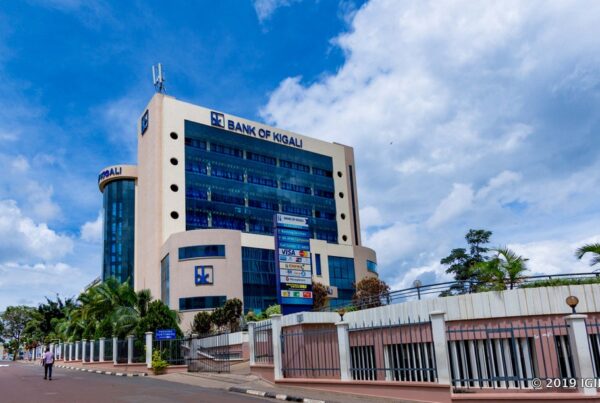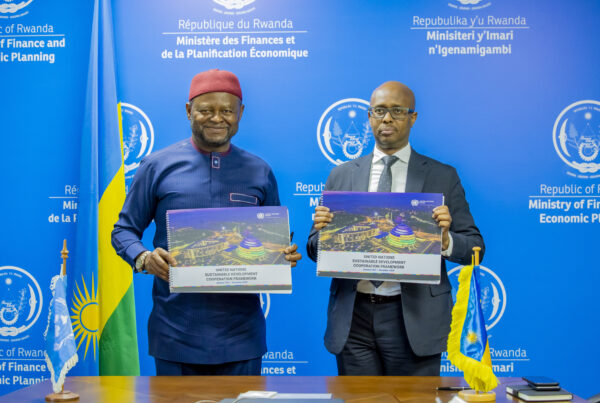Rwanda has proposed a record Rwf7.03 trillion budget for the 2025/26 fiscal year, up 21 percent from the previous cycle, as the government leans into domestic resource mobilization and strategic investments to sustain high growth and improve livelihoods. The plan targets a real GDP expansion of 7.1 percent in 2025, after posting an 8.9 percent rebound in 2024, outpacing much of sub-Saharan Africa.
Presenting the draft to Parliament, Finance and Economic Planning Minister Yusuf Murangwa said the fiscal framework emphasizes resilience, sustainability, and inclusiveness under the theme “Inclusive economic transformation through domestic resource mobilization and resilient strategic investment for job creation and improved livelihoods.” The budget aligns with Vision 2050 and the Second National Strategy for Transformation (NST2), and includes efforts to mitigate the impact of climate shocks, global price instability, and past epidemic disruptions.
Of the total spending plan, domestic revenues are projected to reach Rwf4.1 trillion, representing 60 percent of the budget, a marked shift toward self-reliance. The remaining envelope is expected to be filled by external concessional loans (Rwf2.15 trillion) and grants (Rwf585 billion), bringing externally sourced funding to roughly 38 percent.
Capital spending is projected at Rwf2.68 trillion, while recurrent expenditures will rise to Rwf4.35 trillion. Priority sectors include infrastructure, agriculture, energy, education, health, and urbanization. Strategic investments such as the New Kigali International Airport, Nyabarongo II hydropower plant, and expansion of RwandAir remain at the core of Rwanda’s growth agenda.
Murangwa noted a slowdown in services growth from 10 percent in 2024 to 6.6 percent in 2025 is expected, though industrial output is projected to rise to 10.2 percent and agriculture to 5.3 percent. Inflation stood at 6.9 percent as of May 2025, within the National Bank of Rwanda’s target band of 2–8 percent.
Trade data showed a modest narrowing of the goods deficit, from $2.37 billion in 2023 to $2.34 billion in 2024, on the back of a 6.9 percent increase in exports and a slowdown in import growth. The tourism sector earned $579.5 million, a 2.8 percent increase year-on-year, while air transport exports surged 15.6 percent to $166.6 million.
Despite multiple shocks including the COVID-19 aftermath, May 2023 floods, and the Marburg virus outbreak, Rwanda’s public debt profile remains sustainable. Concessional loans make up 87.7 percent of the debt stock, and all key indicators remain below IMF distress thresholds.
The government is implementing an ambitious medium-term revenue strategy, with new tax policy reforms focused on regional integration under the East African Community Common External Tariff. These include a zero import duty on electric vehicles and capital machinery for local manufacturing, tax incentives for strategic imports, and continued promotion of a cashless economy.
Over 62 percent of the budget will support Rwanda’s economic transformation pillar, with planned outlays in irrigation, seed and fertilizer provision, energy access, milk processing infrastructure, rural roads, port development on Lake Kivu, urban housing, and export crop productivity. A new Cooperative Bank will be established through integration of SACCOs, alongside expansion of digital literacy programs and climate finance through Ireme Invest and the INTEGO facility.
Another 22 percent of the budget is allocated to the social transformation pillar, which includes investments in schools, hospitals, nutrition interventions, youth and sports development, and expanded coverage of the Vision 2020 Umurenge Program (VUP) and health insurance. The remainder supports governance, justice reforms, decentralization, and genocide prevention initiatives.
Murangwa acknowledged implementation risks including climate change, geopolitical shocks, and commodity volatility but reiterated the government’s commitment to adjusting the fiscal strategy where needed to ensure delivery.
“The draft budget reflects our commitment to inclusive growth, resilience, and financial discipline,” Murangwa told lawmakers. “We respectfully seek Parliament’s support to ensure timely implementation of the programs that will transform lives and build a more equitable Rwanda.”





